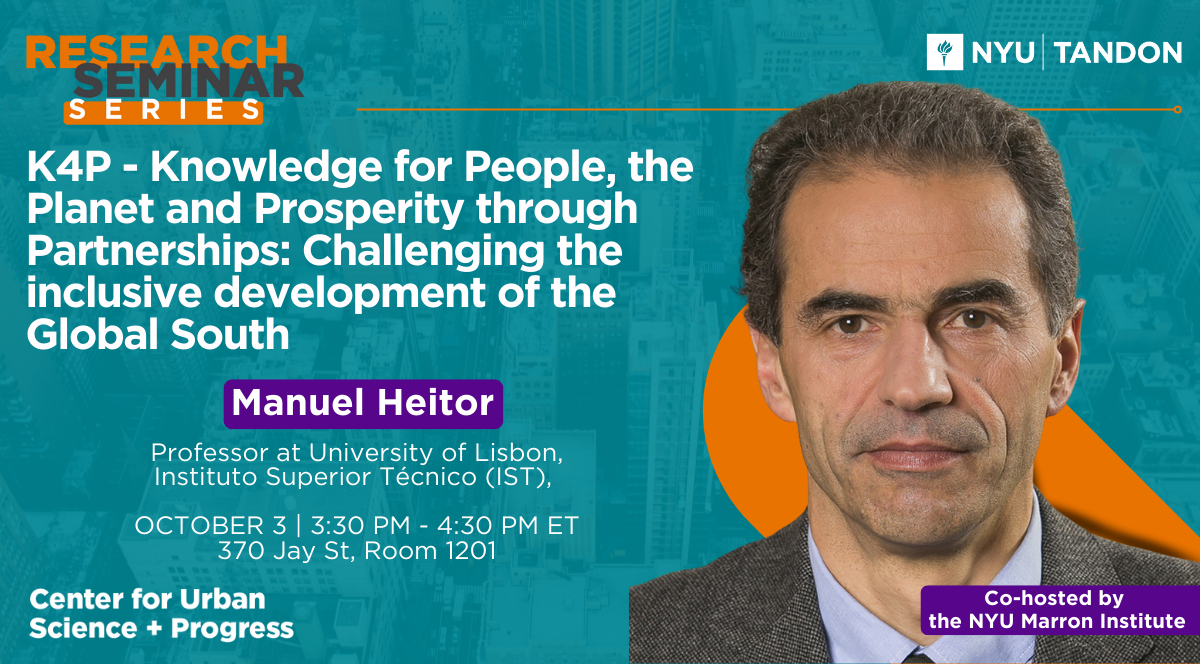Challenging the inclusive development of the Global South 03/10/2022
A new international joint venture oriented towards strengthening the inclusive development of the Global South over the next decades will be discussed in an way to foster “Human Agency” and the governance of “Data Ecologies” towards greening our economies, promoting healthier societies and reduce inequalities in the Digital age. It includes a new network of Data Centers for Earth Observation and related scientific, technological and innovation activities for blue and green growth, in fully compliance with cybersecurity
standards.
The goal is to help accomplish the target of greening our economies and promoting Sustainable and Healthy Territories, together with achieving carbon neutrality, or “net zero”, by 2050, through pilot projects providing capacity building and fostering new jobs through community-based participatory research and innovation.
The research program considers emerging trends in technology policy and paradigms in technological innovation in terms of the uncertainties we all face to deal with digital, ecological and demographic transitions, including those in association with the convergence of digital systems with physical, natural and medical sciences, as well as data and urban sciences, but in a context of a required improved understanding of “Human agency” and related collective behaviors. The challenge is to establish “Technology, Policy and Human Agency” as a field of study that focuses on complex systems and products, viewing those systems and products in their broad human, social, cultural and economic context. This requires a revisited approach of skill development, behavioral analysis, institutional innovation and smart regulation, based on a transdisciplinary commitment towards integrative analysis of data ecologies, systems design and policy research.
To address this challenge, the seminar will derive from the hypothesis that current challenges associated with increasing uncertainties and systemic crises in all our modern societies, require a novel understanding of the dynamics of emerging data ecologies integrated with complex network systems and collective behaviors in a way to promote our global well-being and accelerate the path towards carbon neutrality, avoiding a climate disaster.
The analysis takes into account emerging forms of knowledge production and diffusion in a decentralized and AI supported digital age 3 and will be focused on complex landscapes, including urban systems and rural landscapes among other complex systems (e.g., forests and the ocean), which are particularly critical for the required green transition of our societies, together with our global well-being.
Following the growth of urban areas worldwide, cities and rural landscapes have become increasingly complex and their evolution towards carbon neutrality require interdisciplinary approaches that builds upon new “data ecologies”. This requires making use of satellite-based high-resolution images, oriented towards carbon sensing, integrated with in-situ information and new data collection systems, which may offer a new way of thinking about cities and other landscapes if conveniently integrated with advanced analysis of social, economic and cultural interactions together with forms of “Responsible AI”. Different typologies of cities and emerging developments in low-density rural areas provide sample case studies for new in-depth analyses based on high-resolution carbon mapping and observation.
In addition, understanding patterns of potential technical change in urban and rural areas in any world region requires a comprehensive analysis of landscape design in terms of related socio-political and cultural dynamics, including the levels and paths of social stratification, income distribution and the opportunities for social mobility across our diversified regional contexts.
The research work will be reported as an example of the need to focus upon in-depth knowledge of real social, political and economic processes of successful science, technology and knowledge-based developments over the last decades in Europe, the Americas and Africa. The foreseen critical policy framework will address key policies and policy instruments aimed at reinforcing and consolidating knowledge based economies in emerging societies in Atlantic regions.




